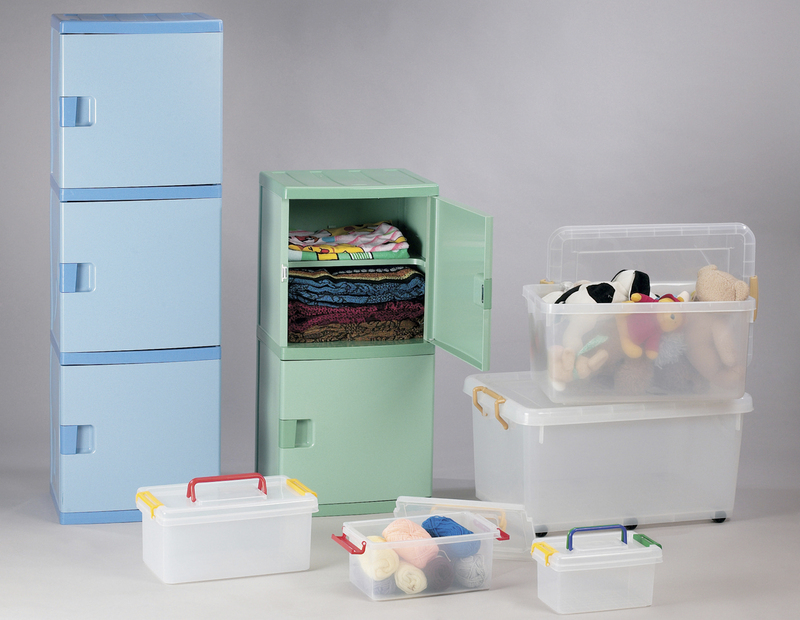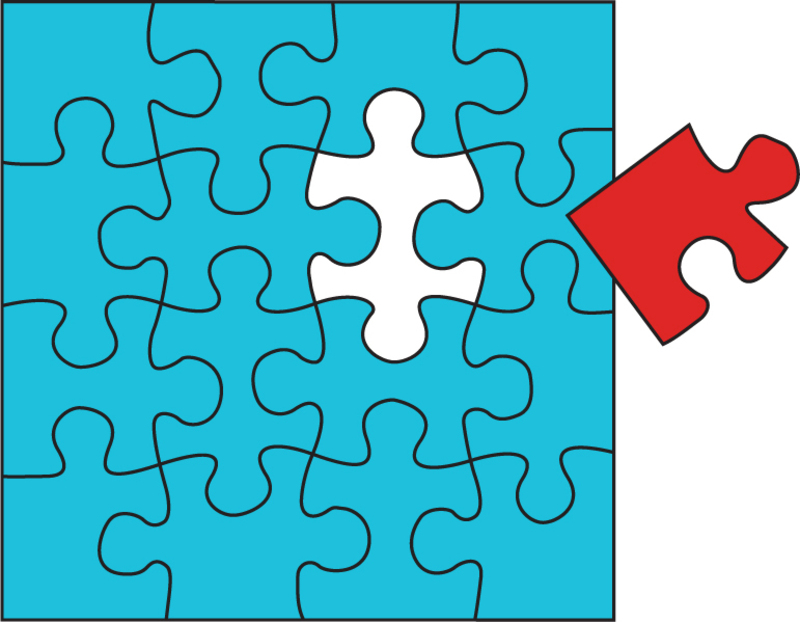Step-by-Step to a Calm Move: Avoid Stress While Moving Home
Moving home is more than transporting belongings--it's a significant life event. While it's normal to feel overwhelmed, there are ways to make the transition smooth and reduce anxiety. This comprehensive guide offers a step-by-step plan to a serene and organized move. If you're looking for the best tips for a stress-free moving experience, read on to discover proven methods to avoid moving mayhem.

Why Moving Can Be Stressful (And How to Stay Calm)
Moving house combines physical labor, emotional upheaval, and financial planning. It requires juggling time, packing, transportation, and adapting to new surroundings--all triggers for anxiety. However, with the right approach, you can silence the chaos and enjoy a calm moving experience.
Top Stress Factors in Moving
- Time constraints and rushing
- Fear of leaving something behind
- Uncertainty about the new place
- Organizational challenges
- Financial worries
Understanding these challenges is the first step in overcoming them. Let's break down how you can ensure a smoother, calmer move through careful planning, preparation, and mindset shifts.
1. Create a Detailed Moving Checklist
Planning ahead is your best weapon against moving stress. Start early and list every task that needs attention from now until you are settled in your new home.
What to Include on Your Moving Checklist
- Set a moving date
- Book movers or a rental vehicle
- Sort and declutter possessions
- Notify utility companies and update addresses
- Plan travel logistics for moving day
- Schedule cleaning services for old and new homes
- Arrange childcare or pet care
- Pack an essentials box
Keep this checklist visible and updated. Crossing tasks off gives a satisfying sense of progress and reduces anxiety.
2. Declutter Early and Ruthlessly
Clutter complicates packing and adds to the moving burden. Weeks before your move, sort your belongings. Are there items you haven't used in a year? If so, it's time to let go.
Decluttering Tips for a Stress-Free Move
- Start with one room at a time for focus.
- Organize items into piles: keep, donate, sell, recycle, dispose.
- Invite friends to help and make it a productive event.
- Consider charitable donations for items in good condition.
Every item left behind means less to pack, move, and unpack. Decluttering also gives you a sense of control over your move.
3. Pack Smart: Efficient and Organized Techniques
Poor packing is a major source of moving day stress. Smart packing not only protects your belongings but also makes unpacking seamless in your new home. Follow these expert tips:
Essential Packing Strategies
- Use quality packing supplies: Sturdy boxes, bubble wrap, packing tape, and clear labels are must-haves.
- Label every box: Mark contents and which room each box belongs to for easy sorting.
- Pack a few boxes every day: Spread the workload and avoid last-minute rushes.
- Don't overfill boxes: Heavy boxes increase risk of injury and damage.
- Use suitcases for heavy items: Books, tools, or kitchenware can go in rolling luggage.
- Protect fragile items with extra padding--and label clearly as "Fragile"!
For a calm move, also prepare an "essentials box" with toiletries, chargers, a change of clothes, important documents, snacks, and basic kitchenware for your first couple of nights.
4. Book Professional Movers or a Rental Early
Depending on your budget and needs, decide whether to use professional movers or a DIY approach by renting a vehicle. Book early for the best availability and prices, especially during peak season.
Benefits of Hiring Movers for a Peaceful Move
- Less physical strain and risk of injury
- Efficient and experienced handling of your items
- Peace of mind with insurance coverage
- Saves time and lets you focus on other important tasks
If you're moving yourself, recruit friends and family in advance. Show gratitude for their help with snacks, drinks, and perhaps a meal afterward.
5. Manage Paperwork and Utilities Ahead of Time
One overlooked source of moving stress is paperwork. Start early, and you'll avoid frantic last-minute decisions.
Key Tasks to Keep Organized
- Update your address with banks, insurance, and subscription services.
- Arrange closure and reconnection of utilities (gas, water, electricity, internet).
- Organize moving insurance and keep all relevant documents (lease, contracts, ID) handy.
- Notify your new local council and healthcare providers of your move.
Staying ahead on administration means fewer surprises on moving day and as you settle into your new home.
6. Prepare Your New Home in Advance
Whenever possible, visit your new property before moving in. This lets you address potential issues and visualize where your belongings will go.
What To Do Before Moving In
- Clean the house or arrange a professional cleaner
- Check that utilities are working (water, electricity, gas, heater)
- Plan a basic layout for furniture and belongings
- Take measurements for large items (sofa, bed, wardrobe, fridge)
- Ensure security measures are in place (locks, alarms, smoke detectors)
Walking into a fresh and functioning home will immediately reduce post-move stress and help you settle faster.
7. Have a Moving Day Plan
When the big day arrives, having a clear timeline keeps everyone calm and on track. Assign roles to helpers or family members, and keep your essentials box and paperwork close at hand.
Tips for an Organized Moving Day
- Rise early and have a good breakfast--energy is vital!
- Wear comfortable clothes and sturdy footwear
- Double-check every room before leaving
- Keep valuables and essentials with you, not in the moving truck
- Communicate clearly with movers or helpers
- Stay hydrated and take breaks to avoid burnout
- Thank everyone for helping (a little kindness goes a long way)
Once you arrive at your new property, focus on setting up beds and the essentials first. Leave non-critical unpacking for the following days.
8. Allow Time to Adjust and Unwind
Even after everything arrives safely, the process isn't over. Emotional adjustment is part of moving, too. Give yourself grace and time to relax--don't aim for perfection on day one.
Unwind and Settle In
- Take a stroll around your new neighborhood
- Unpack gradually; prioritize comfort over completion
- Meet your neighbors (a wave or hello can make a big difference!)
- Order your favorite takeout for a stress-free dinner
- Celebrate this new chapter with loved ones
Remember, avoiding moving stress is about both efficiency and self-care. Set realistic expectations and appreciate every small victory.

Top Frequently Asked Questions: Calm Move Basics
What's the best way to reduce moving anxiety?
Advance planning is the most effective way. Breaking the process down into small, manageable steps reduces overwhelm. Don't hesitate to seek help--whether professional movers or supportive friends.
How early should I start packing?
Begin packing non-essentials at least a month ahead. By pacing yourself, you avoid a frantic push in the final week.
Should I hire a moving company or go DIY?
It depends on your budget, physical ability, and the size of your household. Professional movers provide convenience and support; a DIY move offers greater flexibility if you are well-organized and willing to do the heavy lifting.
How can I keep kids and pets safe and calm during the move?
Arrange for them to stay with family or friends on moving day. Preparing them mentally, keeping familiar items close, and creating a calm, safe space in the new home are all helpful tips.
Final Moving Tips for a Serene Change of Address
- Stay flexible--moving sometimes means adjusting plans as you go.
- Keep important contact numbers (movers, utility company, landlord) handy.
- Maintain routines--sleep, meals, and downtime matter for everyone's wellbeing.
- Treat moving day like a marathon, not a sprint: pace yourself!
- View moving as a fresh start--an opportunity to create a home just for you.
In Summary: Your Step-by-Step Method for a Calm Home Move
By following these steps, you'll manage your relocation with less chaos and more confidence. Clear planning, smart packing, decluttering, and emotional self-care are the keys to avoiding stress when moving house. Remember, every successful move is built on preparation, patience, and positivity.
Moving home may never be completely effortless, but it can be a calm and positive experience. Trust your plan, accept help, practice patience, and look forward to starting a wonderful new chapter in your life.
Here's to your next move--organized, stress-free, and exciting!



